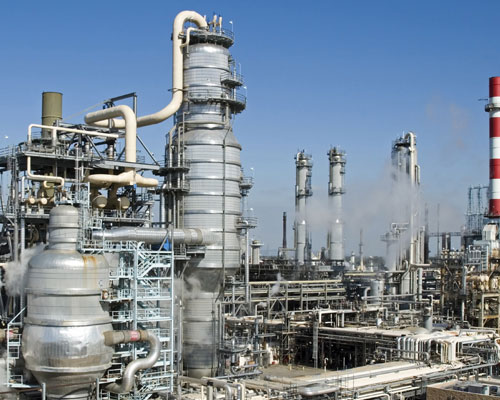BudgIT has called on President Buhari to privatize all government-owned refineries while also fully deregulate the petroleum downstream sector.
According to the findings of our new policy brief “Inside Nigeria’s Local Refineries” Nigeria’s government-owned refineries in Kaduna, Port Harcourt and Warri incurred a cumulative loss of N32.8 billion in 2017 and N126.2 billion in 2018, making a total loss of N159 billion in the two most recent years alone.
Moreso, with an average combined refining capacity utilization of merely 8.27% in 2018, the government-owned refineries are consistently unable to meet local demand, putting Nigeria in a precarious situation of importing nearly 91% of locally consumed petrol and significant portions of other refined products used locally.
It is instructive that only one private refinery, Niger Delta Petroleum Resources (NDPR), has commenced operation in Nigeria despite the country issuing over 44 refinery licenses to investors so far – some of them issued since 2007. Of these licenses, as issued by DPR, 15 are already expired. It is no coincidence that the only Modular Refinery that has commenced operation is the NDPR which produces AGO (diesel), one of the refined petroleum products that are fully deregulated.
On the heels of the foregoing, BudgIT is asking the Nigerian government to deregulate the downstream sector. This will make many stagnating private-sector refinery projects more attractive to investors, we maintain.
“If the remaining 29 refinery projects with active licenses come onstream, Nigeria will successfully unlock refining capacity of nearly 32.7billion litres of PMS per year, 19.6billion litres of Diesel per year and 6.5billion litres of Aviation fuel per year. This is sufficient to meet the country’s refined products needs and also supply the West African market,” noted Gabriel Okeowo, BudgIT’s Principal Lead.
A refinery industry as vibrant as this could generate product sales of nearly N13.1trillion per annum for investors and create additional 439,062 well-paying jobs for Nigerians across the entire value chain, the policy brief says.
The Nigerian government needs to invest at least 5% of its annual budget for the ministry of petroleum on research and development, especially concerning optimizing the local refining technology in Nigeria. As an example of local efforts, Prof. Ibrahim Mohammed-Dabo and his team from Ahmadu Bello University (ABU) have developed an early prototype for local crude oil refining. Unfortunately, this isn’t receiving sufficient attention from the government and the private sector for further research, development and commercialization.







